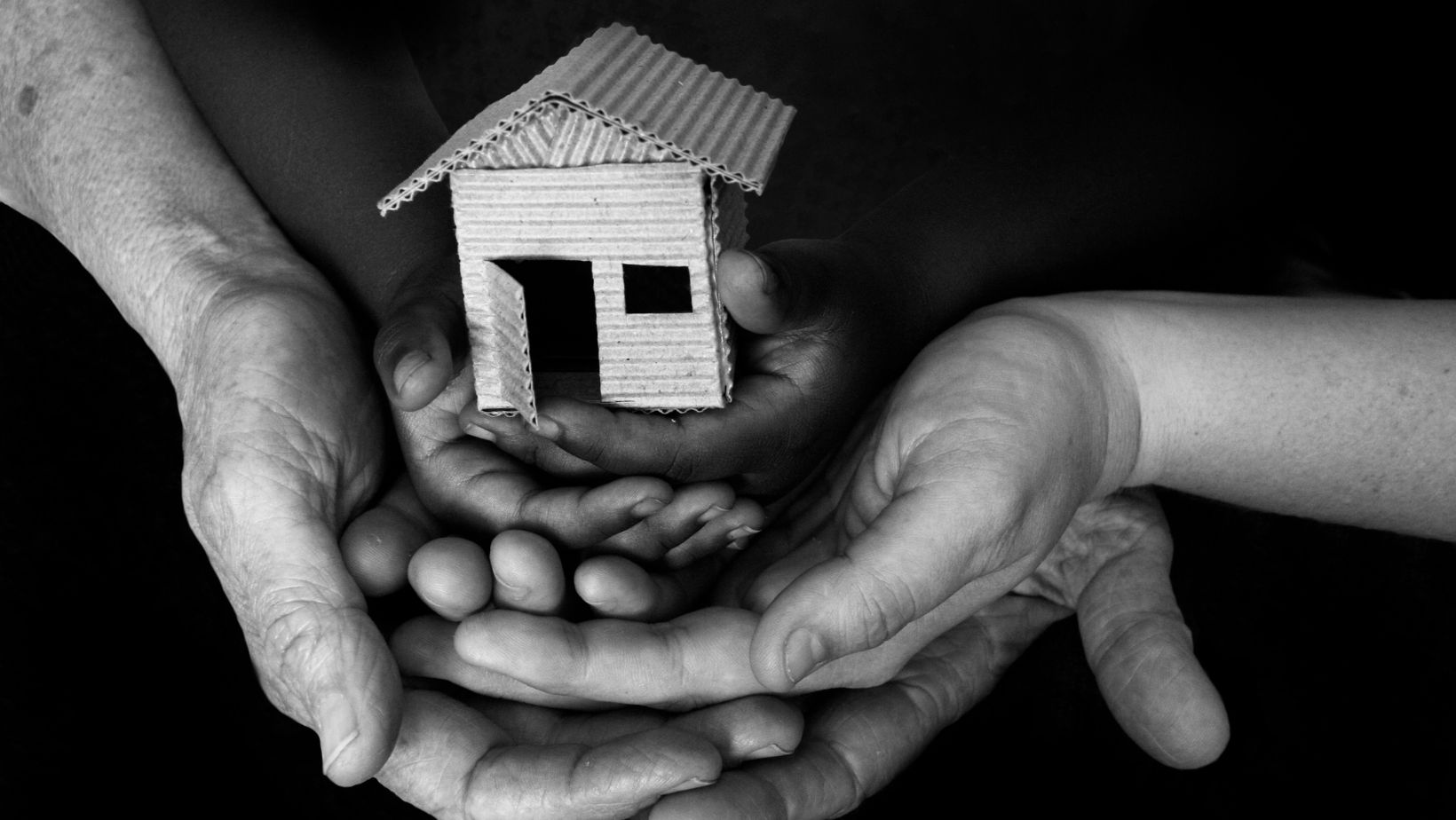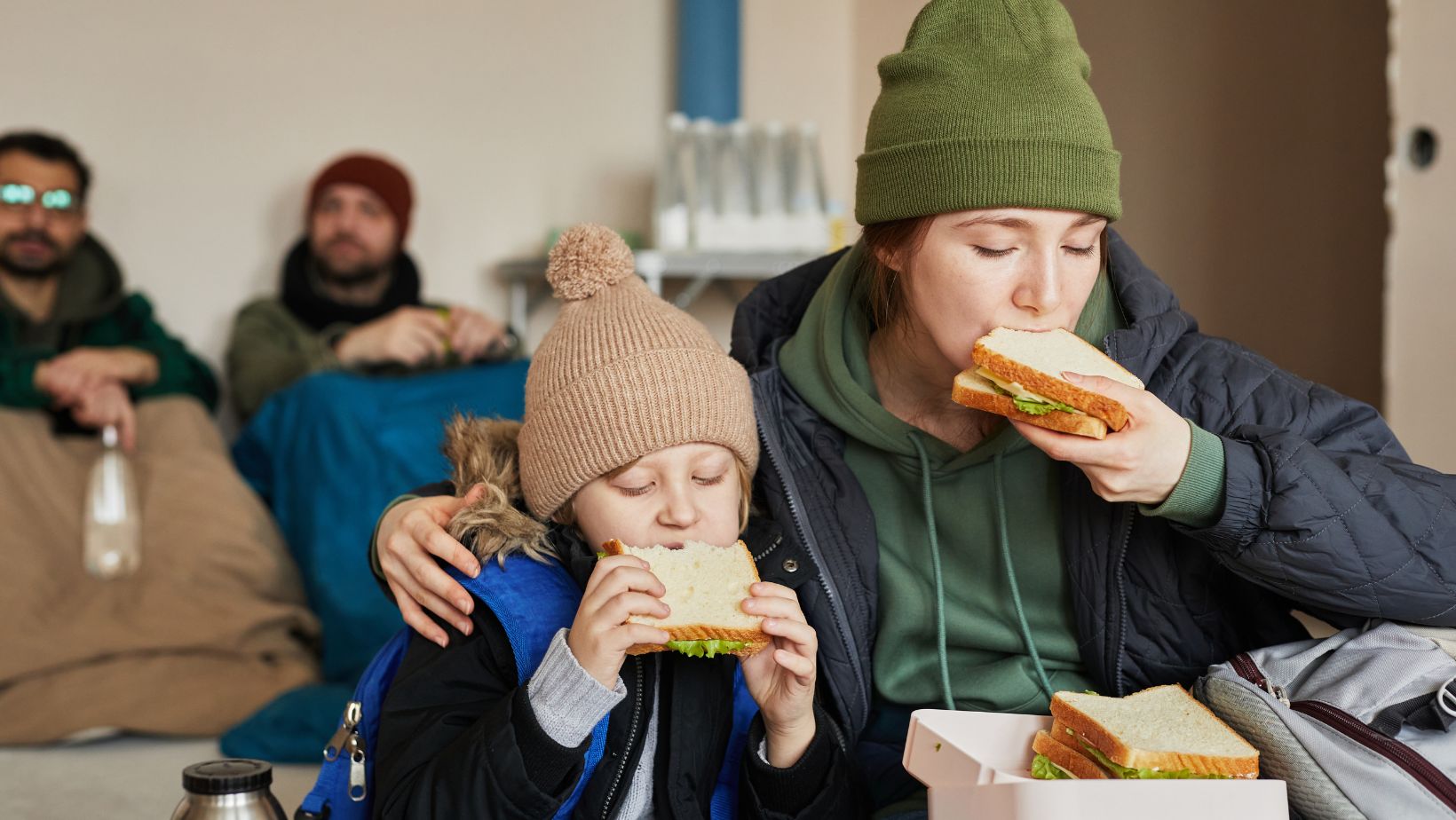You’d think in a state known for its sunshine and beaches, shelters for women escaping domestic violence wouldn’t be in high demand. However, reality tells a different story. Florida’s women’s domestic violence shelters play a crucial role in providing sanctuary and support for those in need.
But what goes on behind the walls of these shelters? What challenges do they face in offering safety and empowerment to survivors? Stay tuned to discover the untold aspects of these vital institutions.
The Impact of Domestic Violence in Florida
Domestic violence or womens domestic violence shelter in Florida have a profound impact on individuals, families, and communities, causing lasting physical, emotional, and psychological harm. The cycle of abuse can leave survivors feeling isolated and helpless, affecting their sense of safety and well-being. Legal resources play a crucial role in empowering survivors to seek justice and protection from their abusers. Understanding one’s rights and having access to legal support can be instrumental in breaking free from the cycle of violence.
Community outreach is vital in raising awareness about domestic violence and connecting survivors with the help they need. By fostering a supportive network, communities can create a safe space for survivors to seek assistance without fear of judgment. Providing information about available resources and support services can guide survivors toward a path of healing and empowerment. Through community outreach efforts, individuals can learn how to recognize the signs of abuse and offer a helping hand to those in need. By working together, we can combat domestic violence and create a safer, more supportive environment for all.
Services Offered by Women’s Shelters
Within women’s shelters in Florida, a range of essential services are provided to support survivors of domestic violence on their journey to safety and healing. Counseling services play a crucial role in helping survivors navigate the emotional aftermath of abuse and develop coping mechanisms for their trauma.
Legal assistance is also offered to aid survivors in understanding their rights, obtaining protective orders, and navigating the legal system to seek justice. Additionally, job training programs empower survivors to gain financial independence and rebuild their lives free from abuse.
Childcare support services allow survivors to access necessary resources while knowing their children are safe and cared for.
These comprehensive services aim to address the diverse needs of survivors as they work towards healing and creating a future free from violence. By providing a supportive environment and access to crucial resources, women’s shelters in Florida play a vital role in empowering survivors to break the cycle of abuse and move towards a life of safety and independence.
Importance of Confidentiality and Security
Ensuring confidentiality and security within women’s domestic violence shelters in Florida is paramount to safeguarding the well-being and privacy of survivors seeking refuge and support. Confidentiality protection is a cornerstone of these shelters, where survivors can feel safe to share their experiences without fear of their information being disclosed. By implementing robust security measures, such as controlled access to the premises and strict protocols for handling sensitive information, shelters create a secure environment where survivors can begin their healing journey without concerns about their safety.
Confidentiality isn’t just a policy but a promise to survivors that their identities and stories will be protected. It allows them to open up about their experiences, seek help, and access the support they need without the fear of being exposed to their abusers. Security measures, including trained staff, secure facilities, and strict confidentiality protocols, reinforce this promise and ensure that survivors can focus on rebuilding their lives free from the threat of further harm.
In these shelters, confidentiality and security aren’t just words; they’re the shields that protect and empower survivors as they navigate their paths to healing and independence.
Collaborations With Law Enforcement and Advocacy Groups
To further enhance the support and protection provided to survivors in women’s domestic violence shelters in Florida, fostering collaborations with law enforcement and advocacy groups is essential. These partnerships with law enforcement agencies can ensure a swift response to emergencies, provide security measures, and offer legal assistance to survivors. By working hand in hand with law enforcement, shelters can create a safer environment for residents and staff alike.
Advocacy initiatives are also crucial in supporting survivors within domestic violence shelters. Advocacy groups offer emotional support, guidance on legal rights, and access to community resources. Collaborating with these organizations helps shelters provide comprehensive care to survivors, empowering them to navigate the challenges they face.
Empowering Survivors to Rebuild Lives
Empower survivors in women’s domestic violence shelters in Florida to take control of their futures by providing them with tailored support and resources for rebuilding their lives.
As a survivor, your healing journey is unique, and it’s essential to have access to specialized assistance that meets your individual needs
.
These shelters aim to empower you through community empowerment initiatives, offering counseling services, life skills training, job placement assistance, and legal advocacy to support you in rebuilding a life free from violence.
Conclusion
In conclusion, women’s domestic violence shelters in Florida play a crucial role in providing shelter, support, and resources to survivors. By offering a safe and confidential environment, these shelters empower women to rebuild their lives and break the cycle of abuse.
Collaborations with law enforcement and advocacy groups further enhance the services provided, ensuring that survivors have the necessary tools to heal and move forward. Remember, you aren’t alone, and help is available.



